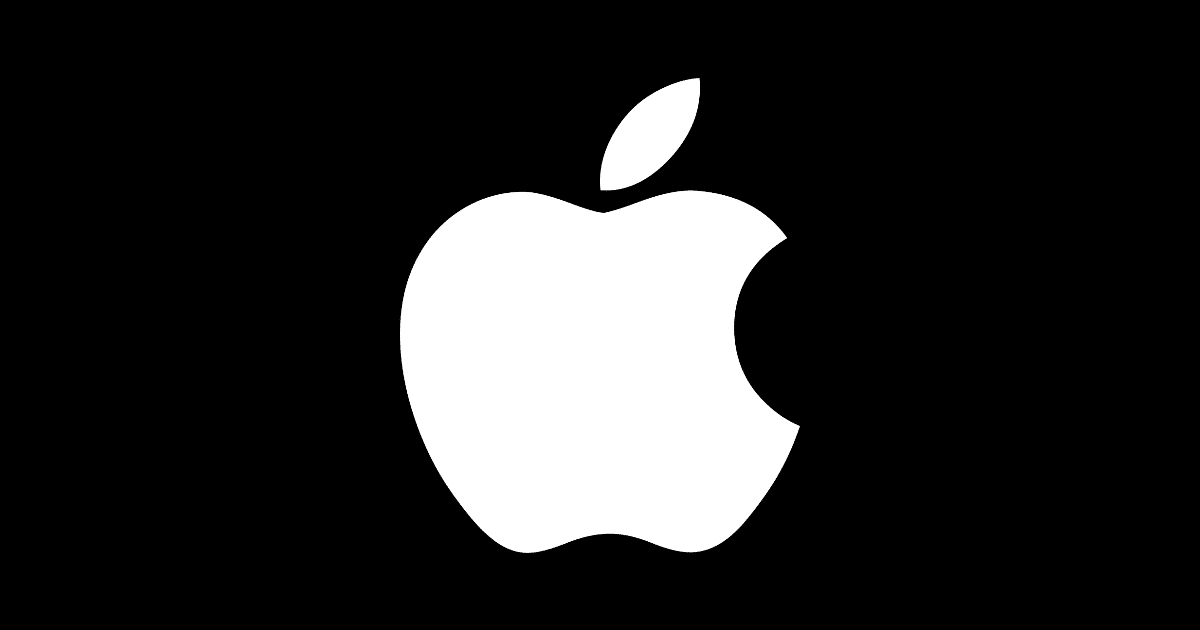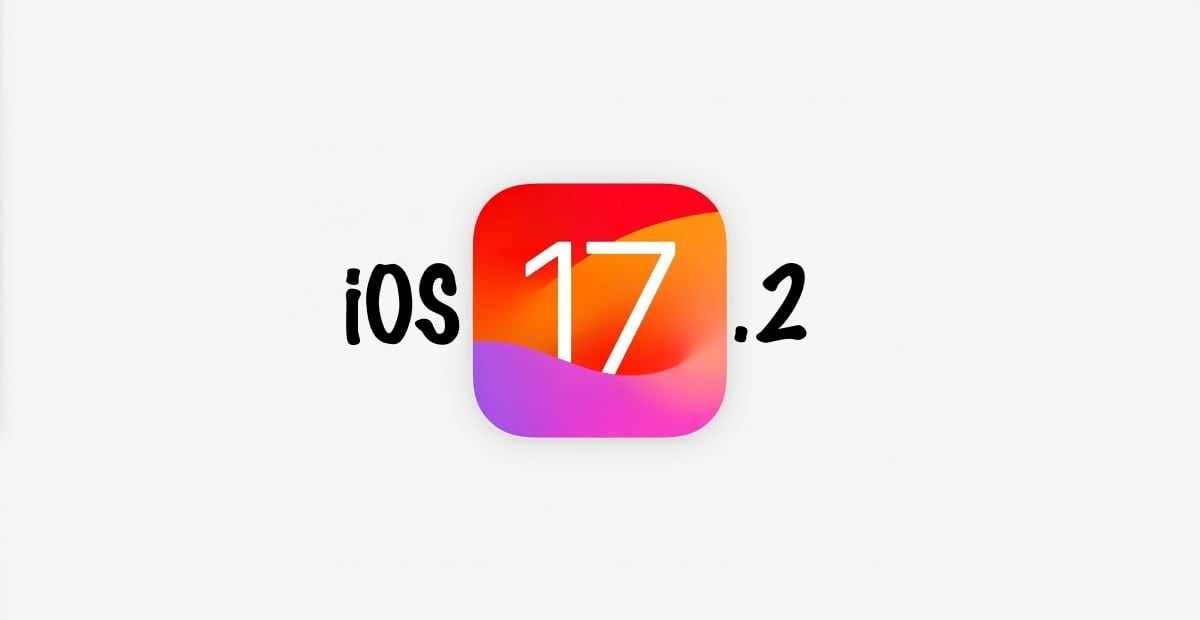A code in the iOS 17.2 beta suggests that Apple is moving towards allowing sideloading on iOS devices.
Apple has been under pressure in recent years to allow users to sideload apps on iOS, which means installing apps from outside of the App Store.
The European Union, in particular, has been pushing Apple to make this change, and the company has even admitted in a Form 10-K filing that it expects to make changes that will impact the App Store’s business model.

Allowing sideloading could impact Apple’s security and revenue structures on iPhones
Few codes found in the latest iOS 17.2 beta 2 version hint that Apple is preparing to introduce sideloading on iPhones.
- A new public framework called “Managed App Distribution.” This framework appears to be designed to allow users to sideload apps from third-party sources. It has basic controls for downloading, installing, and even updating apps from external sources. It can also check whether an app is compatible with a specific device or iOS version.
- Another new unused entitlement will give third-party apps permission to install other apps. This means that developers would be able to create their own app stores, which would allow users to sideload apps without having to go through Apple.

It is important to note that this code is still in beta, and it is not clear if Apple will actually release it in iOS 17.2. If Apple does allow sideloading, it would be a major change for the company and its App Store platform. It would give users more freedom to choose which apps they want to install, and it would also open up new opportunities for developers.
Apple’s take on sideloading
Apple has traditionally been opposed to sideloading apps on iOS. The company has argued that sideloading would compromise the security and stability of the iOS ecosystem. Apple has also pointed out that sideloading would allow developers to bypass the App Store review process, which could lead to the distribution of malicious apps.
However, Apple has recently come under increasing pressure to allow sideloading. The European Union, in particular, has been pushing Apple to make this change. In 2022, the EU passed the Digital Markets Act (DMA), which requires gatekeeper companies to open up their platforms and services to alternative companies and developers.
Apple has not yet announced whether it will allow sideloading in iOS 17.2. However, the fact that the company is working on a “Managed App Distribution” framework suggests that it is seriously considering it.
Benefits and risks of sideloading on iOS devices
There are some of the potential benefits of sideloading apps on iOS:
- Users would have more choice and flexibility in the apps they can install.
- Developers would be able to innovate more freely without having to comply with Apple’s App Store guidelines.
- Businesses would be able to distribute their own apps to employees and customers without having to go through the App Store rules and payment methods.
- Users would be able to install apps that are not available in the App Store, such as homebrew apps or apps from other regions.
However, there are also some potential risks associated with sideloading apps:
- Sideloaded apps could be malicious or contain security vulnerabilities.
- Sideloaded apps could not be subject to Apple’s review process, which could lead to lower-quality apps.
- Sideloaded apps could be more difficult to update and troubleshoot.
Deciding whether or not to sideload apps on iOS is a complex matter that requires careful consideration of both the benefits and risks involved.
Read more: